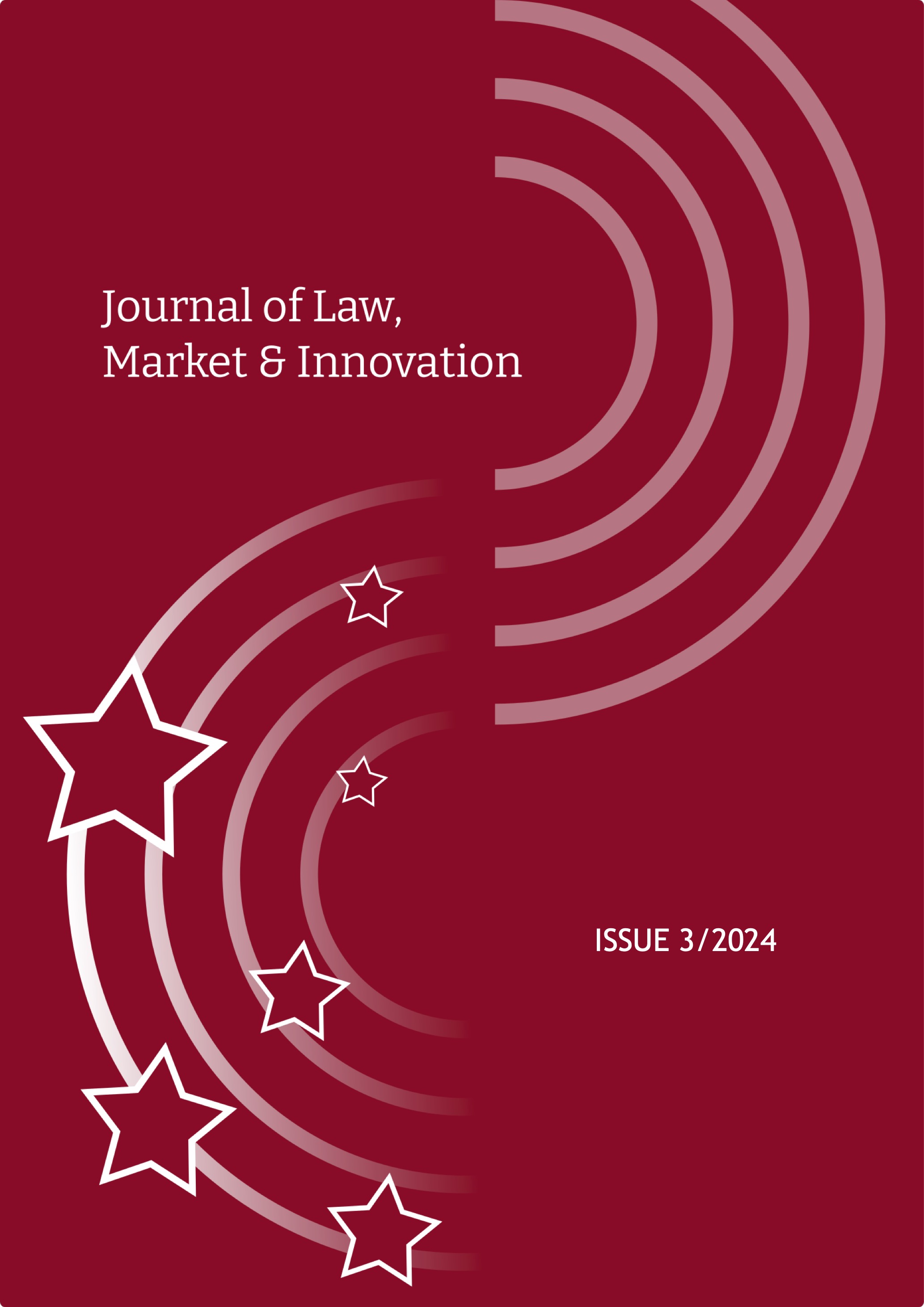Advancing Fair Digital Competition: A Closer Look at the DMA Framework
DOI:
https://doi.org/10.13135/2785-7867/11335Keywords:
Digital Markets Act, GAFAM, Gatekeepers, Compliance, Digital economyAbstract
The emergence of digital platform firms has escalated international antitrust inquiries, especially targeting the "Big Five"—Meta, Apple, Microsoft, Amazon, and Alphabet. These enterprises have significantly impacted the economy and society, exceeding conventional sectors in terms of market value, making antitrust legislation, particularly within the European Union, inadequate. The Digital Markets Act (DMA) was created to serve as a regulatory framework to curb the misuse of power by these dominant players and safeguard consumer interests. The DMA monitors digital gatekeepers and promotes equitable competition while safeguarding the rights of EU citizens and encouraging openness and equitable competition in the digital space. The DMA enhances current competition regulations by clarifying "gatekeepers" and establishing guidelines for their conduct within the digital marketplace. Gatekeepers adhere to DMA regulations, which ban unfair practices such as data misuse and favouritism toward their services. The European Commission can identify gatekeepers and monitor compliance, providing a schedule for businesses to meet DMA standards. Additionally, the DMA imposes fines and penalties for violations, highlighting the significance of compliance. This paper examines the DMA framework, the requirements for identifying gatekeepers, the regulatory responsibilities assigned to them, and the enforcement strategies established. The DMA emphasises the EU's dedication to combating anti-competitive behaviour and preserving an equitable digital marketplace, positioning the DMA as essential for protecting consumer rights and promoting fair competition worldwide. While the DMA' 's framework aims to tackle anti-competitive behaviour and promote transparency in the digital marketplace, it is essential to question whether the DMA can strike the right balance between competition and innovation. Could its strict obligations on gatekeepers unintentionally stifle innovation or discourage new market entrants? Moreover, as the digital economy continues to evolve rapidly, is the DMA' 's broad scope truly adaptable, or might it impose unnecessary burdens on emerging technologies? These concerns underscore the importance of a nuanced evaluation of the DMA' 's impact on competition without hindering progress in the digital space.




 EJIF has been approved for inclusion in
EJIF has been approved for inclusion in  The Journal of Law, Market & Innovation is indexed in
The Journal of Law, Market & Innovation is indexed in  The Journal of Law, Market & Innovation is indexed in
The Journal of Law, Market & Innovation is indexed in  The Journal of Law, Market & Innovation is indexed in
The Journal of Law, Market & Innovation is indexed in  The Journal of Law, Market & Innovation is indexed in
The Journal of Law, Market & Innovation is indexed in  The JLMI is classified as a "Class A" journal for Law (Area 12) by the Italian
The JLMI is classified as a "Class A" journal for Law (Area 12) by the Italian 
